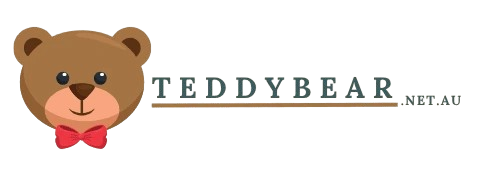Toys can be an exciting component of your child’s development, and seeing them develop and learn is one of the most uplifting perks of parenting. Better yet, toys that are carefully chosen can truly help your youngster develop skills such as creative thinking, language and literacy, early math, problem-solving, and social-emotional growth. Furthermore, several suggest that hands-on interactive toys may enhance cognitive abilities that aid in school success.
But, with so many options available, you might ask yourself, “Which toy types are best for improving my child’s development…but are still appealing enough to become a real favourite?” The good news is that a child’s development does not have to be hindered by poor toy selection. The following are some simple rules to assist you in selecting the best toys for your child:

1.) Match your child’s interests and talents to toys.
Before a toy may help your child’s development, he or she must be interested in playing with it. If your youngster is a dinosaur lover, seek games and products that focus on prehistoric themes. Consider including a set of alphabet blocks if you want to encourage letter and sound recognition in your toddler. Also, keep your child’s age in mind while selecting the right toy. A toy should be challenging enough to be enjoyable without being so difficult that it will discourage your kid from playing with it any longer.
2.) Choose open-ended, multipurpose toys.
Blocks, building bricks, and arts and crafts supplies, for example, are often a wonderful buy because they may be used over and over again—and in several ways. In an actual sense, these toys may develop with your child. Another significant advantage of open-ended toys is that many of them foster STEM (science, technology, engineering, and mathematics) learning in an enjoyable and non-intimidating manner. Children can utilize them to design and create their own things while learning about the design process firsthand.
3.) Choose imaginative, pretend-play toys.
At a young age, pretend play is an excellent way to encourage creativity while also developing language and literacy skills. Children develop new words as they assume various roles and enact new circumstances during pretend play. Toy cash registers and pretend money may provide hours of entertainment in a make-believe shop. Blocks and play animals, vehicles, or other figures might help your youngster create a tiny zoo or metropolis.
4.) Choose toys that foster social play.
Toys that encourage cooperation are important for the early development of social skills. Board games are a good place to start, but experiment kits, puzzles, and constructions are also wonderful. All of these toys teach youngsters how to take turns, share resources, and make concessions in an interesting way. These sorts of toys allow older children to practice collaborating and resolving issues as a group.

5.) Find toys that stimulate exploration of the real world.
Toys that encourage kids to explore the world around them may develop a natural curiosity and foster a desire to learn. A pair of binoculars or a bug-catching kit will allow kids to explore for hours while generating a slew of “Why?” and “How?” questions—and after that read books about the answers. Experiment kits and science toys are also fantastic alternatives. Who knows what may happen? In the process, you might inspire a young scientist or STEM buff.
6.) Find math and language-focused board games.
Board games have been shown in several studies to improve math skills. Playing board games gives children a great way to practice counting while moving around a game board. They also learn how to strategize while playing, which helps them develop both arithmetic and cognitive abilities. There are other board games that help with reading development as well.
Educational toys that are engaging and keep a child’s attention for long periods of time are the best kinds. No matter what toys you buy, one of the greatest things you can do is join in the fun. Set aside ten minutes every day to participate with your youngster during playtime to promote learning as well as bonding. Finally, keep in mind that you know your kid best, which makes you an excellent selector for selecting toys that would provide the greatest return for their development!
